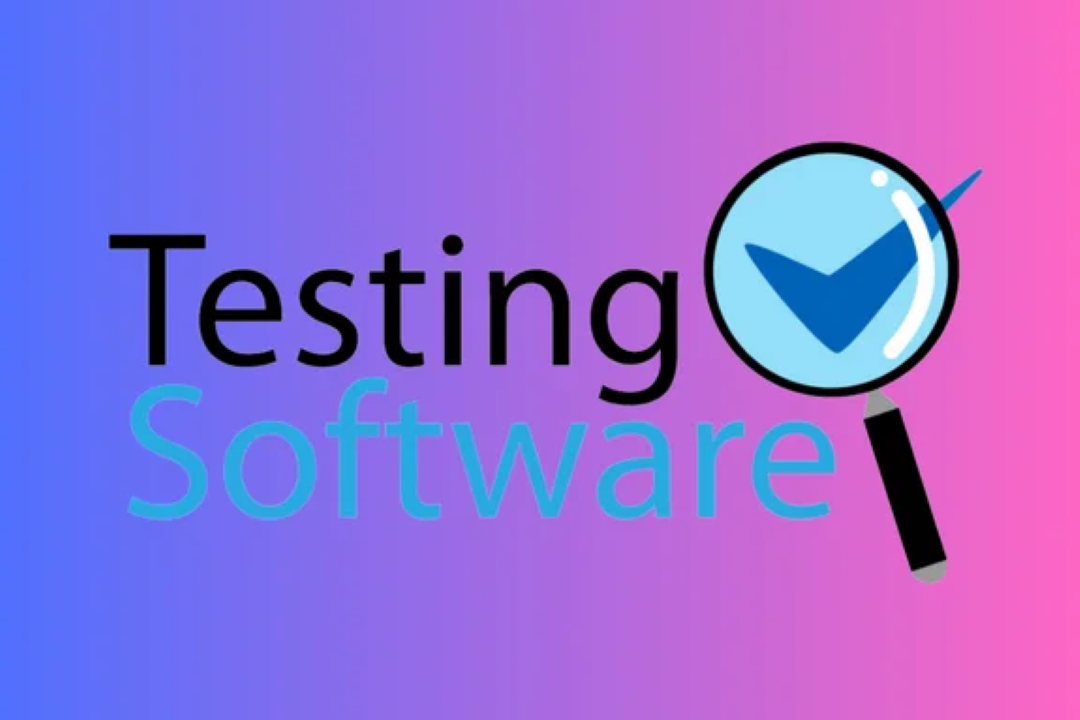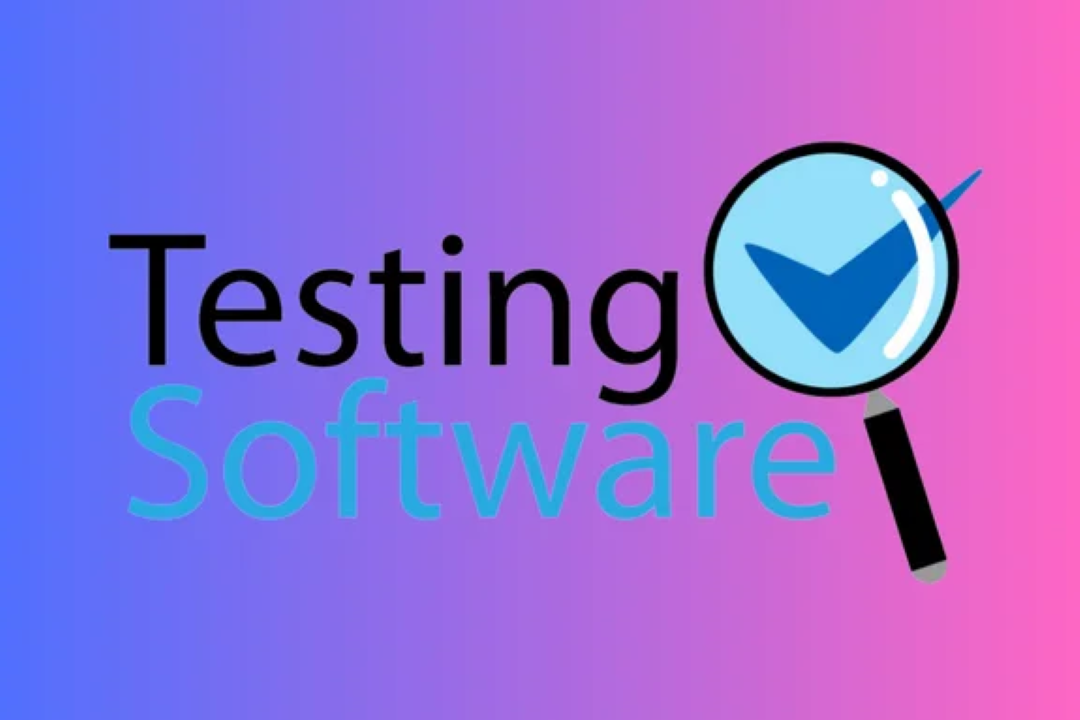selenium course edX
The Selenium Automation Testing Course on edX provides an in-depth introduction to Selenium, a widel
selenium course edX
The Selenium Automation Testing Course on edX is an invaluable resource for professionals looking to enhance their skills in automated testing. Selenium is a leading framework used for automating web applications, making it essential for anyone involved in software development and quality assurance. This course equips learners with the necessary knowledge to create and execute automated test scripts, understand testing methodologies, and troubleshoot common issues. With a focus on real-time projects, participants gain practical experience that not only reinforces their learning but also enhances their employability in a competitive job market.
To Download Our Brochure: https://www.justacademy.co/download-brochure-for-free
Message us for more information: +91 9987184296
The Selenium Automation Testing Course on edX is an invaluable resource for professionals looking to enhance their skills in automated testing. Selenium is a leading framework used for automating web applications, making it essential for anyone involved in software development and quality assurance. This course equips learners with the necessary knowledge to create and execute automated test scripts, understand testing methodologies, and troubleshoot common issues. With a focus on real time projects, participants gain practical experience that not only reinforces their learning but also enhances their employability in a competitive job market.
Course Overview
The Selenium Course on edX offers an in-depth exploration of automated testing using the Selenium framework, a vital tool for web application testing. Participants will learn to create and execute test scripts, leverage various Selenium components, and understand testing best practices and methodologies. Through hands-on projects, this course provides practical experience that is crucial for mastering automation testing and enhancing skills relevant to the software development lifecycle. Ideal for beginners and professionals alike, the course prepares learners for real-world challenges in quality assurance and software testing, enabling them to boost their careers in the tech industry.
Course Description
The ‘Selenium Course on edX’ provides a comprehensive introduction to automated testing using the Selenium framework, essential for ensuring the quality of web applications. Participants will gain hands-on experience in writing and executing test scripts, learning to utilize various components of Selenium effectively. The course covers key testing methodologies and best practices, preparing learners to tackle real-world challenges in software testing. Ideal for both beginners and seasoned professionals, this course enhances practical skills and knowledge, equipping participants for successful careers in quality assurance and software development.
Key Features
1 - Comprehensive Tool Coverage: Provides hands-on training with a range of industry-standard testing tools, including Selenium, JIRA, LoadRunner, and TestRail.
2) Practical Exercises: Features real-world exercises and case studies to apply tools in various testing scenarios.
3) Interactive Learning: Includes interactive sessions with industry experts for personalized feedback and guidance.
4) Detailed Tutorials: Offers extensive tutorials and documentation on tool functionalities and best practices.
5) Advanced Techniques: Covers both fundamental and advanced techniques for using testing tools effectively.
6) Data Visualization: Integrates tools for visualizing test metrics and results, enhancing data interpretation and decision-making.
7) Tool Integration: Teaches how to integrate testing tools into the software development lifecycle for streamlined workflows.
8) Project-Based Learning: Focuses on project-based learning to build practical skills and create a portfolio of completed tasks.
9) Career Support: Provides resources and support for applying learned skills to real-world job scenarios, including resume building and interview preparation.
10) Up-to-Date Content: Ensures that course materials reflect the latest industry standards and tool updates.
Benefits of taking our course
Functional Tools
1 - Selenium WebDriver
Selenium WebDriver is the core component of the Selenium suite that allows automation of web applications across different browsers. It provides a simple interface for programming browsers with direct communication methods. Students will learn how to write test scripts that imitate user interactions with web elements like buttons, forms, and links. This tool supports various programming languages such as Java, Python, and C#, enabling flexibility in choosing the preferred language for test script development. Additionally, WebDriver facilitates both synchronous and asynchronous test execution, making it an essential skill for aspiring automation testers.
2) Selenium IDE
Selenium IDE (Integrated Development Environment) serves as a graphical interface for recording and playing back user interactions. Students will explore this tool to create test scripts without deep programming knowledge. The drag and drop feature simplifies the test creation process, and students will learn to export recorded tests into various programming languages. This tool is particularly beneficial for those new to automation or for quickly prototyping test cases, allowing for rapid feedback and iteration during development.
3) TestNG
TestNG is a powerful testing framework designed for Java that enhances the testing capabilities of Selenium. Participants will dive into creating organized test suites with TestNG, allowing for annotations, grouping, and prioritizing tests. This framework supports data driven testing, enabling students to run the same test multiple times with different data sets efficiently. With built in reporting features, learners can generate detailed test reports that outline the success or failure of automated tests, helping in maintaining high quality assurance standards.
4) Maven
Maven is a project management tool that streamlines the process of managing dependencies and building projects from the source code. In the context of Selenium testing, students will learn how to use Maven to handle libraries and plugins required for executing test scripts. This knowledge ensures that the testing environment is properly configured and that updates to the dependencies are managed effectively. Additionally, Maven enables seamless integration of Selenium tests with continuous integration systems, which is crucial in modern software development practices.
5) Git
Git is a version control system that facilitates tracking changes in source code over time. In the course, students will be introduced to Git’s foundational concepts, including branching, merging, and committing changes. By understanding how to use Git, learners will be able to collaborate effectively on automation testing projects, keep a history of changes, and easily revert to previous versions when needed. This expertise is essential for teamwork in software development, as it ensures that multiple contributors can work on testing scripts without conflicts.
6) Jenkins
Jenkins is an open source automation server that plays a central role in continuous integration and continuous deployment (CI/CD) pipelines. Within the Selenium course, students will learn how to integrate their automated tests with Jenkins to run tests automatically upon code commits or at scheduled times. This helps in identifying defects early in the development cycle. Understanding Jenkins equips students with the skills to automate their testing procedures further, ensuring that software quality is maintained as new features are developed and added.
These tools form a comprehensive ecosystem for teaching automation testing through the Selenium course, enabling students to build practical skills relevant to the industry.
Certainly! Below are additional points that can enhance the understanding of Selenium Automation Testing and its practical applications:
7) Page Object Model (POM)
The Page Object Model is a design pattern that enhances test maintenance and reduces code duplication. By encapsulating the page elements and their interactions within dedicated classes, students will learn how to create more readable and maintainable test scripts. This structure allows for easier updates to the codebase when the application's UI changes, as modifications are centralized within the respective page classes rather than scattered throughout the test cases.
8) Cross Browser Testing
Automating tests across multiple browsers is essential for ensuring consistent user experiences. In this course, students will learn about cross browser testing strategies and tools that integrate with Selenium, enabling them to run tests on various browsers such as Chrome, Firefox, Safari, and Edge. Understanding browser compatibility issues and how to address them will be crucial for delivering robust web applications.
9) API Testing Integration
As applications often rely on APIs, students will explore how to incorporate API testing alongside Selenium tests. Learning to use tools like Postman or RestAssured allows students to validate backend functionality while testing front end user interfaces, ensuring overall application integrity. By understanding both UI and API testing, students will enhance their testing skills and become more versatile QA engineers.
10) Handling Dynamic Elements
Modern web applications often include dynamic elements that can present challenges during automation testing. Students will learn techniques for handling such elements, including waiting strategies (implicit and explicit waits). Understanding how to synchronize tests with dynamic content ensures tests are more reliable and less prone to failures caused by timing issues.
11 - Test Data Management
Effective test data management is pivotal in automation testing. Participants will learn how to create and manage test data, including the use of CSV files, databases, and data generation tools. By mastering test data strategies, students can ensure comprehensive test coverage and facilitate data driven testing approaches that are vital for validating various scenarios.
12) Error Handling and Debugging
In automation testing, handling errors gracefully is essential. Students will be guided on implementing error handling techniques within their test scripts, equipping them to capture screenshots on failure, log responses, and throw meaningful error messages. This knowledge will aid in efficient debugging, enabling a quicker resolution to issues and improving overall test reliability.
13) Integration with Test Management Tools
Integrating Selenium tests with test management tools like JIRA or TestRail enhances project organization and tracking. Students will learn how to substantiate their testing efforts by linking automated test results with corresponding requirements or issues, facilitating better communication among team members and stakeholders. This integration allows for comprehensive reporting and metrics essential for quality assurance.
14) Mobile Automation Testing
With an increasing number of users accessing applications on mobile devices, understanding mobile automation is critical. Students will be introduced to tools like Appium, which allows for the automation of mobile applications. Acquiring skills in mobile testing complements their Selenium expertise and prepares them for a broader range of automation projects.
15) Performance Testing Basics
While Selenium primarily focuses on functional testing, students will gain awareness of performance testing principles. By learning how to integrate performance testing tools like JMeter with Selenium, learners will be equipped to assess how well their web applications perform under load and identify potential bottlenecks before deployment.
16) Real Time Project Implementation
Throughout the course, students will engage in hands on projects that mirror real world scenarios. This practical application helps in solidifying theoretical knowledge and provides learners with a portfolio of work that demonstrates their automation capabilities to potential employers.
17) Industry Standards and Best Practices
Students will be exposed to industry standards and best practices related to automated testing. Understanding these standards helps students align their work with quality assurance expectations and methodologies used in contemporary software development, making them market ready and proficient in current practices.
These additional points can provide a deeper understanding of Selenium Automation Testing and enhance the course's overall value for students at JustAcademy.
Browse our course links : https://www.justacademy.co/all-courses
To Join our FREE DEMO Session:
This information is sourced from JustAcademy
Contact Info:
Roshan Chaturvedi
Message us on Whatsapp: +91 9987184296
Email id: info@justacademy.co
Live Projects On Power Bi Course In Hyderabad












